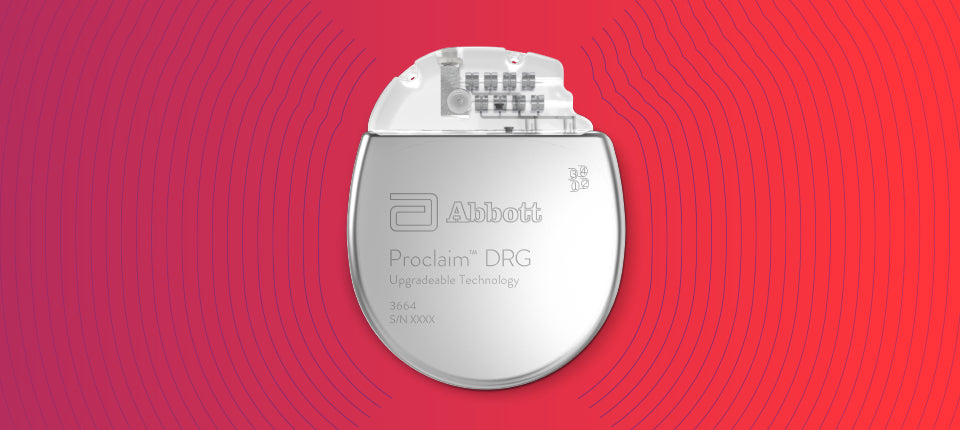The impact of Stress on Your Heart

Stress is something that affects all of us. And when we don't take time to handle our stress, it can lead to some serious health issues. The first step to managing is awareness. So let's hear from a cardiologist about the relationship between stress and the heart, and how to handle it successfully. The first thing to know is that long-term stress can have a big impact on our hearts and bodies. - Stress over time, if it's not managed appropriately, can increase the blood pressure and cause this so-called shear stress inside the arteries. So over time, it can cause damage to the arteries of the heart and the rest of the body.
Dr. Krause says those negative impacts only get worse if we don't manage our stress properly. - Smoking affects the arteries directly. Alcohol can affect the arteries and the heart. Alcohol is a toxin and can cause the heart to weaken. The unhealthy diet certainly can increase your risk of high cholesterol, which then can lead to coronary artery disease. - [Jane] The stress from grief can also trigger some problems. - There is a problem that we have identified called stress-induced cardiomyopathy, or also known as broken heart syndrome.
This occurs mainly in females ages 60 to 80 and can cause the heart to respond inappropriately, causing a temporary change in the heart structure and its function. Luckily, greater than 95% of the patients that get the stress-induced cardiomyopathy, or broken heart syndrome, recover within two to four weeks. - [Jane] No matter what leads to your stress, Dr. Krause says the important thing to remember is to find a way to manage it for the sake of your heart and overall well-being. - Adequate diet, adequate sleep, and adequate hydration. Try not to go through it alone. To make sure that you take the time to discuss the sources of your stress with your physician, so that he or she may be able to guide you.



